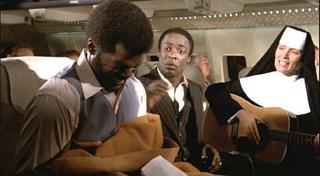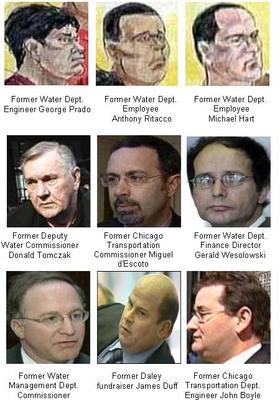
Democrats were naturally concerned by this week's decision by the Teamsters and the largest service workers union to bolt the AFL-CIO. The announcement was symbolically planned to coincide with the AFL-CIO’s 25th annual constitutional convention.
The impact to the AFL-CIO has already been felt as members voted this week to increase dues to cover part of the $20 million loss to a $120 million dollar budget.
The biggest loser though may be the Democrats - and not just the national organization. This decision will have significant consequences on the state, county and municipal levels.
The single thing that Republicans fear about their political opponents is their ability to organize and mobilize. On Election Day, Republicans perform their civic duty by voting for the party’s candidates up and down the ballot. Then they go off to work and wait to watch election returns on TV.
For the Democrats, it’s a different story. After reporting to the local ward or township office before dawn, the Democrats spend the day performing critical Get-Out-The-Vote activities such as phone banking, poll watching, precinct walking, and assisting favorable voters to the polls.
Where does this manpower come from? - the unions. Union Democrats get a day off from their normal work on Election Day. On this day, the job is not in the factory or plant; it’s out in the political field.
Banded together, unions can coordinate activities behind specific targeted candidates and ensure a cohesive strategy to get out the vote. Splintered, their power is lost. They risk the political consequences that stem from divided candid support, duplicative grass root efforts and diminished power to affect political change.
All of which has Republicans smirking this week with hopes that there is no pending truce announcement by the warring union leaders.





















